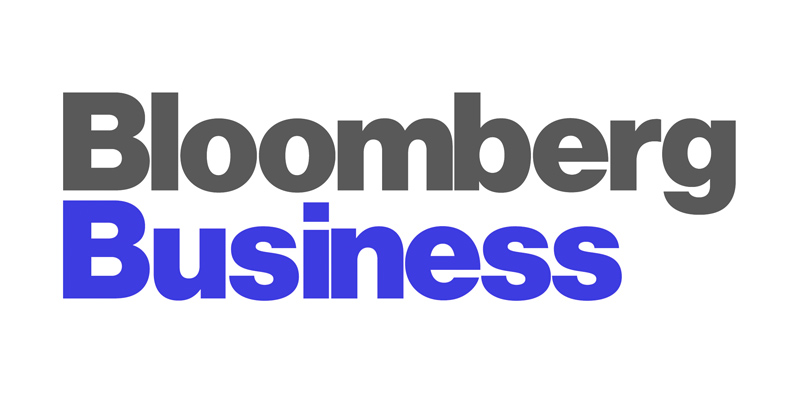January 20, 2016
By Aleksandra Gjorgievska
A measure of investors’ fear of junk-bond defaults has staged its biggest jump at the start of a year since 2009, when the world was in the midst of a financial crisis, as investors have globally rushed out of riskier assets.
The risk premium on the Markit CDX North American High Yield Index, a credit-default swaps benchmark tied to the debt of 100 speculative-grade companies, surged 87 basis points between Dec. 31 and Wednesday, reaching 564 basis points, the highest level since 2012. That jump was the biggest since the start of 2009, when it rose 227 basis points. A similar index for investment-grade debt also rose to a three-year high.
Weakness in North American corporate-bond prices was one piece of larger market turmoil on Wednesday as investors brace for slower growth in China. Global shares are at the verge of entering a bear market, with the Dow Jones Industrial Average sinking nearly 250 points, and oil prices fell to their lowest levels since 2003.
“There is rampant pessimism out there,” said Brad Friedlander, head portfolio manager at Angel Oak Capital Advisors, which manages over $6 billion. “I think it’s overdone but it doesn’t surprise me, with the degree of uncertainty surrounding a lot of opaque areas like China.”
Bonds sold by energy companies led the losses. Royal Dutch Shell Plc, the world’s third-largest oil producer, said profit may drop at least 42 percent in the fourth quarter.
“There is no obvious sign that we are close to a bottom when it comes to oil prices right now,” said Martin Fridson, chief investment officer at Lehmann, Livian, Fridson Advisors LLC.
If oil prices stay at these levels for a long time, many energy companies will fail, Fridson said, adding, “If you can pick the ones least likely to default, you ought to eventually get a really nice rebound in price. But it’s not for the faint-hearted.”
Across the corporate-bond market, Laredo Petroleum Inc.’s notes due 2022 tumbled the most, with yield surging to an all-time high at 14.4 percent. The yield on Whiting Petroleum Corp.’s bonds due 2021 jumped to 22.194 percent, nearly four times the 5.75 percent coupon offered at issuance in 2013.
Exchange-traded funds that hold U.S. junk bonds slid to their lowest levels in almost seven years. BlackRock’s iShares iBoxx High Yield Corporate Bond exchange-traded fund and SPDR Barclays High Yield Bond ETF both fell the most in almost six weeks. More companies were at risk of having their credit ratings cut at the end of December than at the close of any other year since 2009, according to a Standard & Poor’s report on Tuesday.
China Slowdown
Concerns over the economic slowdown in China and its weight on commodity prices are contributing to the sell-off in credit markets, according to Scott Kimball, a Miami-based senior portfolio manager at Taplin Canida & Habacht Inc.
“We are keeping an eye on the entire landscape,” said Kimball. “If you have money and you have been waiting for rates to go up, corporate bond rates have gone up. You should be buying,” he added.
China’s economy slowed in December, capping the weakest quarter of growth since the 2009 global recession. Industrial production in the Asian nation posted one of the slowest advances in the past quarter century. Data on Wednesday showed new-home construction in the U.S. unexpectedly fell last month, indicating the industry lost some momentum entering the new year.
“People will point to oil and to China as the two catalysts, but in general, given where high-yield is trading, it’s very much pointing to a recession and higher defaults,” said Art DeGaetano, chief investment officer at Bramshill Investments.

